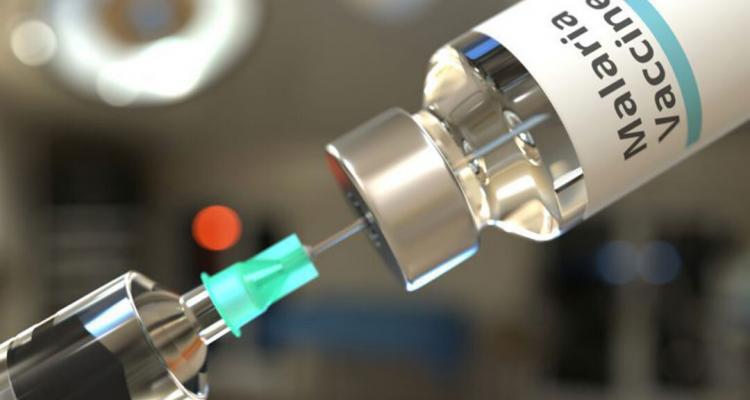
The World Health Organization (WHO) has recommended a new vaccine, R21/Matrix-M, for widescale use in the prevention of malaria in children in various countries including in Malawi.
The vaccine which is cheap and can be produced on a massive scale, has been developed by the University of Oxford.
The recommendation follows advice from the WHO: Strategic Advisory Group of Experts on Immunization (SAGE) and the Malaria Policy Advisory Group (MPAG) and was endorsed by the WHO Director-General following its regular biannual meeting held on 25-29 September.
The R21 vaccine is the second malaria vaccine recommended by WHO, following the RTS,S/AS01 vaccine, which received a WHO recommendation in 2021. Both vaccines are shown to be safe and effective in preventing malaria in children and, when implemented broadly, are expected to have high public health impact.
Malaria, a mosquito-borne disease, places a particularly high burden on children in the African Region, where nearly half a million children die from the disease each year.
Demand for malaria vaccines is unprecedented; however, available supply of RTS,S is limited with only 18 million doses of RTS,S produced so far.
The addition of R21 to the list of WHO-recommended malaria vaccines is expected to result in sufficient vaccine supply to benefit all children living in areas where malaria is a public health risk.
Dr Tedros Adhanom Ghebreyesus, WHO Director-General, said he used to dream of the day the world would have a safe and effective vaccine against malaria and now there are two.
“Demand for the RTS,S vaccine far exceeds supply, so this second vaccine is a vital additional tool to protect more children faster, and to bring us closer to our vision of a malaria-free future,” said Ghebreyesus.
Dr Matshidiso Moeti, WHO Regional Director for Africa, emphasized the importance of this recommendation for the continent.
“This second vaccine holds real potential to close the huge demand-and-supply gap. Delivered to scale and rolled out widely, the two vaccines can help bolster malaria prevention and control efforts and save hundreds of thousands of young lives in Africa from this deadly disease,” he said.
The updated WHO malaria vaccine recommendation is informed by evidence from an ongoing R21 vaccine clinical trial and other studies, which showed high efficacy when given just before the high transmission season.
In areas with highly seasonal malaria transmission (where malaria transmission is largely limited to 4 or 5 months per year), the R21 vaccine was shown to reduce symptomatic cases of malaria by 75% during the 12 months following a 3-dose series. A fourth dose given a year after the third maintained efficacy. This high efficacy is similar to the efficacy demonstrated when RTS,S is given seasonally.
The vaccine also showed good efficacy (66%) during the 12 months following the first 3 doses. A fourth dose a year after the third maintained efficacy.
At prices of US$2 (about K2500) – US$4 (about K5000) per dose, the cost-effectiveness of the R21 vaccine would be comparable with other recommended malaria interventions and other childhood vaccines.
At least 28 countries in Africa plan to introduce a WHO-recommended malaria vaccine as part of their national immunization programmes. Gavi, the Vaccine Alliance has approved providing technical and financial support to roll out malaria vaccines to 18 countries. The RTS,S vaccine will be rolled out in some African countries in early 2024, and the R21 malaria vaccine is expected to become available to countries mid-2024.
Malawi already rolled out a vaccination programme for children and expanded the program to 11 districts last year as part of a world-first, large-scale campaign against malaria.
Currently, more than 400 000 children in Malawi have received at least one dose of the malaria vaccine.














